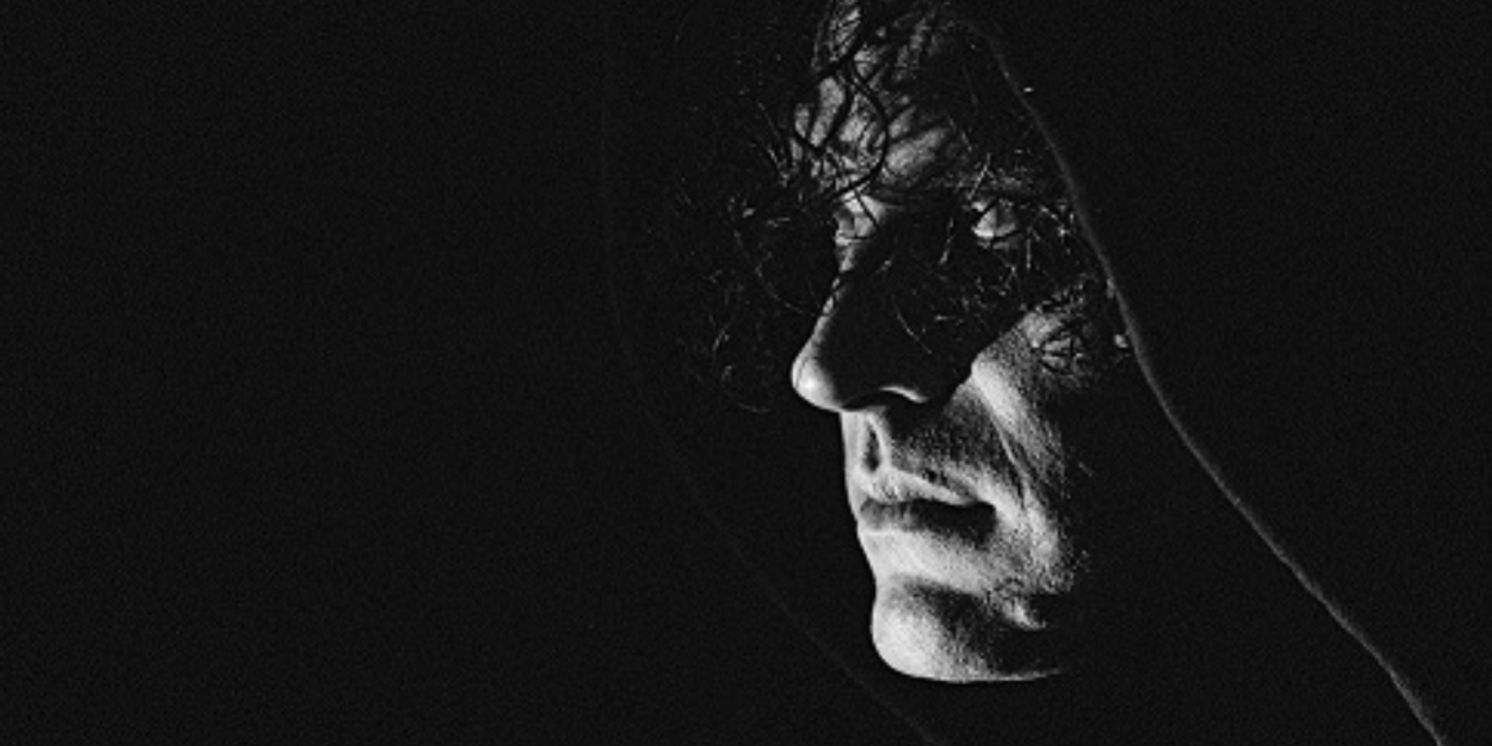Review: Arizona Opera Presents FRANKENSTEIN ~ A Masterpiece of Horror and Humanity
The World Premiere of the production moves on from its opening in Phoenix to the Temple of Music and Art in Tucson on October 21st and 22nd.

The pulsating crescendo of the overture to Gregg Kallor’s FRANKENSTEIN infuses the theatre with a somber and eerie sense of impending doom. How could it be otherwise when setting the mood for recreating the story of The Monster? The evocative theme of the composition is but one of the elements that makes this musical drama a masterpiece and a significant addition to the operatic repertoire.
In keeping with its 52-year history of “elevating the transformative power of storytelling through music”, Arizona Opera has blazed new ground with a stunningly unique treatment of Mary Shelley’s science fiction fable.
The production, directed by Sarah Ina Myers, is not only a showcase of virtuosic excellence, but it is also a bold feat of stage design, engineering, and atmospherics. One cannot help but be enthralled by the experience of it all.
Even before the principles appear, the audience is transported into a world of sheer beauty ~ less gothic and more lustrous in its distinctive appointments (sheer drapery, shadowy niches, and marbled walls). Technology is center stage as well with the use of motorized props, a video wall, and digital panels.
All together, the innovative staging of Bretta Gerecke, manifesting her extensive experience and expertise in set and projection design (Catalyst Theatre, Cirque du Soleil, Stratford Shakespeare Festival) and the luminous lighting genius of Tláloc López-Watermann create an impressionist canvas on which this spectacular drama unfolds.
Indeed, as fiery lights flash at critical moments in the story, we are reminded of Shelley’s subtitle, The New Prometheus. Just as “the supreme trickster” defied the Olympian gods by stealing fire and giving it to humanity, Victor Frankenstein defies the conventions and morality of science by exploring the possibility of immortality. For both the Titan and the man, their hybris had fatal and far-reaching consequences.
So it is that Kallor’s adaptation of the monster legend is, in part, an allegorical admonition about the perilous path of scientific overreach (think cloning, genetic modification, artificial intelligence) and the consequences of man's unchecked ambition.
The opera is an allegory on a far deeper level. Kallor’s Monster emerges as the sentient being through whose eyes we ultimately see more vividly the follies and narcissism of mankind and feel the palpable suffering of the stranger in a strange land.
To this task, Ed Parks (Grammy Award-winning baritone) delivers a commanding ~ in fact, a tour de force ~ performance as The Monster, conveying the depth and range of the creature’s emerging emotions. His physicality and vocal prowess bring the iconic character to life in a way that is both terrifying and deeply sympathetic.
As he emerges from the shadows, his mind a blank slate, he encounters De Lacey (Andrew Stuckey), a blind peasant, under whose tutorship, he learns to speak and read and, more consequentially, feel. His is the feeling of “otherness” that compels him to seek out his creator, Victor Frankenstein (tenor Terrence Chin-Loy), and demand a partner.
As Victor, Chin-Loy’s portrayal is both vocally and emotionally captivating as he realizes the consequences of his actions and the costs of his resistance to The Monster’s pleas. His descent from a well-intentioned scientist to a tormented and guilt-ridden soul is a gripping transformation. No amount of comfort from his concerned fiancée, Elizabeth (mezzo-soprano Katie Beck) or the playfulness of his younger brother (11-year-young Armand Delgado) can ease his torment. (His punishment is akin to that of Prometheus.)
The die has been cast for the tragedy that is to unfold. The Monster’s gut-wrenching pathos will be matched by his uncontrollable wrath and shocking brutality.
In this regard, there is a pivotal and foreboding moment in the story that is, artistically, simply magical, and hauntingly sublime. It is when Victor, writhing in self-doubt and self-recrimination over bending to the Monster’s demands, presents the Monster with what is to be his mate. Wrapped like a wraith in a cocoon of silken cloth, Chelsea Rose Neiss performs a most exquisite ballet of beckoning to the Monster. The scene is beautiful and unnerving.
It bears repeating that the cast in its entirety (including the supporting cast of Gordon Hawkins, Brad Bickhart, and Melissa Solomon) deliver stellar renditions of their characters.
Likewise, the orchestra, under the expert guidance of Clinton Smith, is magnificent, performing flawlessly and capturing the moods of the moment and the emotions of the characters.
The bottom line:
As the final scene fades, bespeaking a hauntingly emotional and telling embrace of the creation with the creator, the opera leaves the audience pondering the blurred lines between good and evil; the nature of humanity itself; and the vital importance of love, virtue, kindness, and beauty.
FRANKENSTEIN is an absolute triumph!
The World Premiere of FRANKENSTEIN runs October 13th through 15th at the Herberger Theater Center in Phoenix and on October 21st and 22nd at The Temple of Music and Art in Tucson.
Arizona Opera ~ https://azopera.org/ ~ 602-266-7464
Venue: The Temple of Music and Art, 260 S. Church Avenue, Tucson, AZ ~ 520-791-4101
Photo Credit: Kevin Condon
Reader Reviews
Videos

